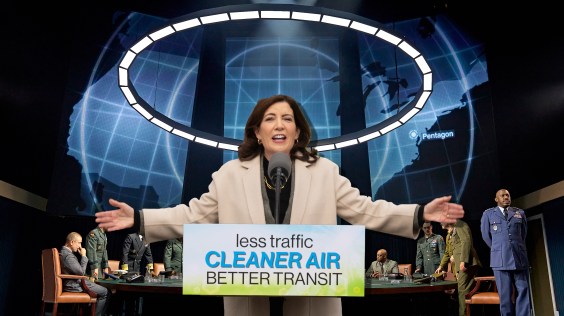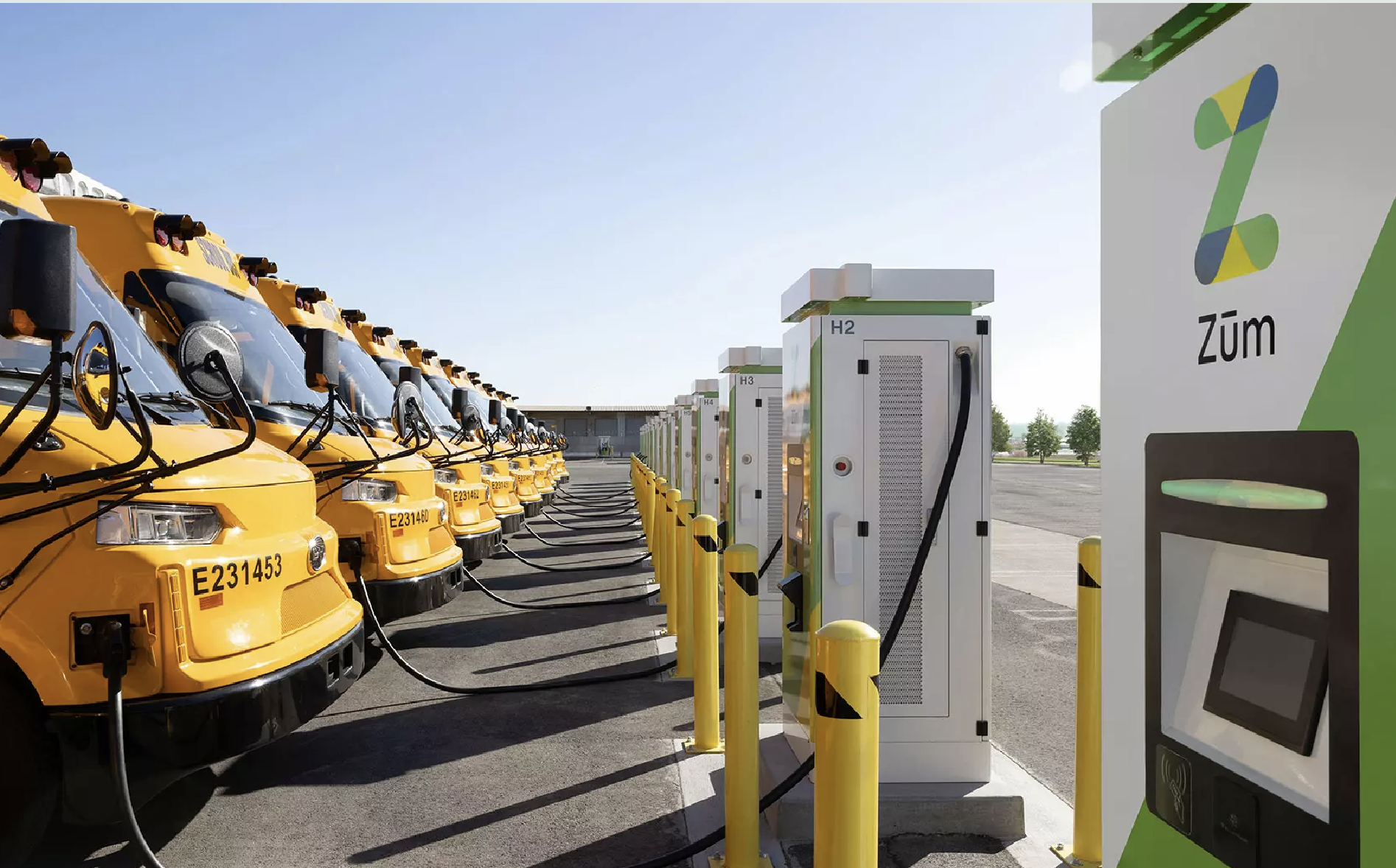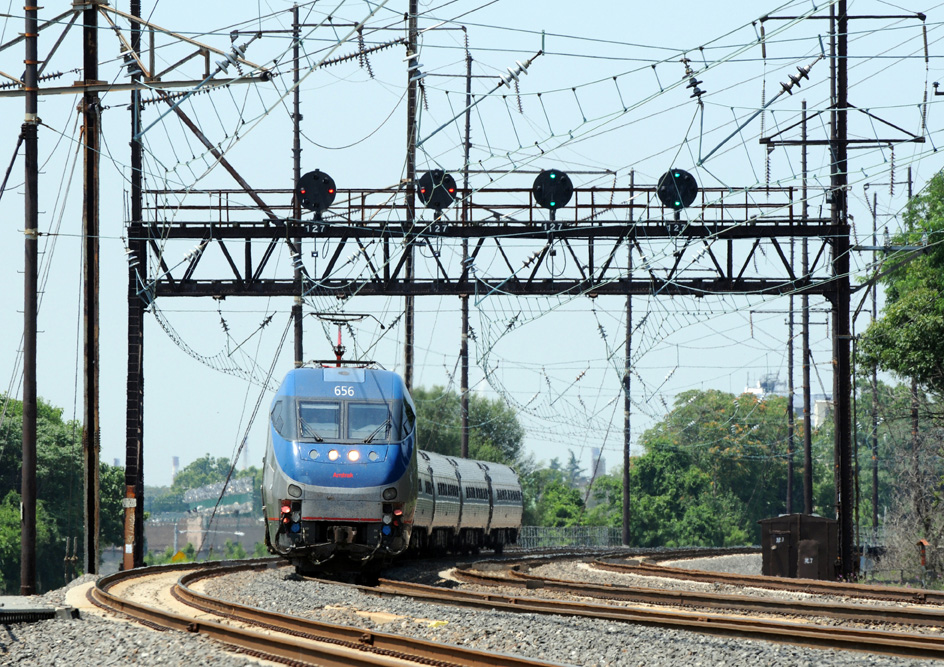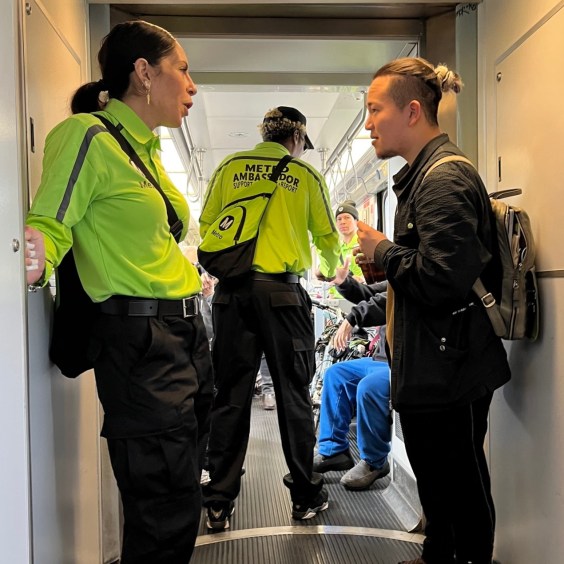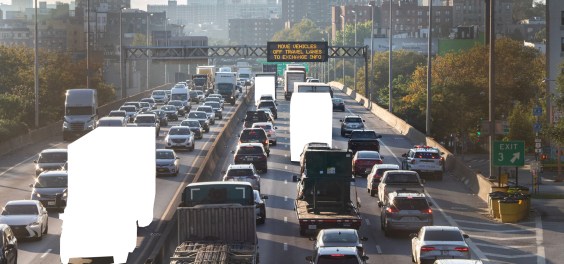Last week, protesters gathered on the statehouse steps in Little Rock, Arkansas, to oppose a bill that would transfer money from the state's general fund into its highway fund.
The 100 or so protesters -- mainly from the education and social services sectors -- warned that the legislation would transfer $2.3 billion in revenue over 10 years out of classrooms and clinics and into the state Department of Transportation, according to the Arkansas News.
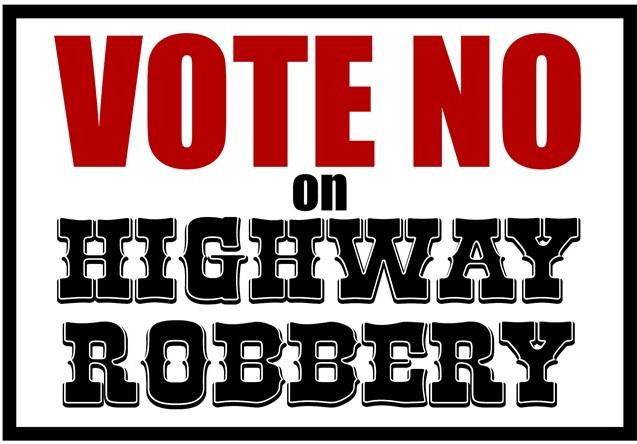
Arkansas Advocates for Families and Children have dubbed the bill "highway robbery."
It's not just Arkansas. States unwilling to reexamine the way they fund and implement transportation projects are increasingly faced with trade-offs between transportation spending and other priorities. As the federal gas tax continues to stagnate, more and more states are considering extreme measures to shore up transportation budgets -- including robbing funds from education and social services.
States are in a difficult position, says Eric Sundquist of the State Smart Transportation Initiative. "The road lobby is still pushing for more, more," he said. "It's started to dawn on people that this money is being sucked out of state and local treasuries."
Wisconsin has come under fire for much the same reason as Arkansas. During the 2011 budget cycle, Governor Scott Walker was pushing highway expansion projects totaling $400 million. In order to raise the money without raising the gas tax, Walker proposed transferring $140 million from the state's general fund to highway spending.
Steve Hiniker of 1,000 Friends of Wisconsin wrote in a Journal Sentinel editorial:
Governor Scott Walker’s proposed budget has more than enough pain to go around. Schools get hit with more than $800 million in cuts over the next two years. Recycling programs are not funded. Health care for seniors and the poor is slashed. Local road aids are cut. Some transit systems may not survive the proposed reductions. State revenue sharing is going down, putting more pressure at the local level to cover the costs of cuts to state aids – and without raising property taxes.
It’s called austerity. Unless you happen to be a road builder. Then this budget is called a bonanza.
Sundquist adds that Wisconsin has been draining money from programs like education and law enforcement to fund highways in a much more insidious way. Little by little, the state has been reducing the amount of money it returns to local governments to care for their own roads. Local roads still need to be maintained, though, and that forces local communities to either raise taxes, delay maintenance or transfer spending to transportation from other local concerns like public safety and education.
Texas has been considering a very similar proposal, which would shift about $3 billion in annual car sales tax revenue from the general fund to transportation. Another $650 million would be transfered to transportation by funding the Department of Public Safety out of the general fund instead of transportation taxes.
The American Council of Engineering Companies, a highway trade group, reported the proposal is something of a long shot. "Unfortunately, these proposals face opposition from appropriators and from groups (education, social services) that rely on general revenue funding for their programs," the group wrote in a February update to its members.
Back in Arkansas, Jonathan Barnett, the state representative responsible for the legislation, said the state's "Blue Ribbon Committee" found that the state needs $19 billion for highways over the next 10 years.
Meanwhile, Rich Huddleston, executive director of Arkansas Advocates for Children and Youth, pointed out who's going to pay for the state's inability to manage its road budget. Barnett's legislation, he said, “would take state general revenue that is used to fund critical services for children and families, including education, higher education, Medicaid and health services for vulnerable populations, services for abused and neglected children, juvenile justice services for kids… public safety and corrections and pre-K and child care for our youngest populations.”
